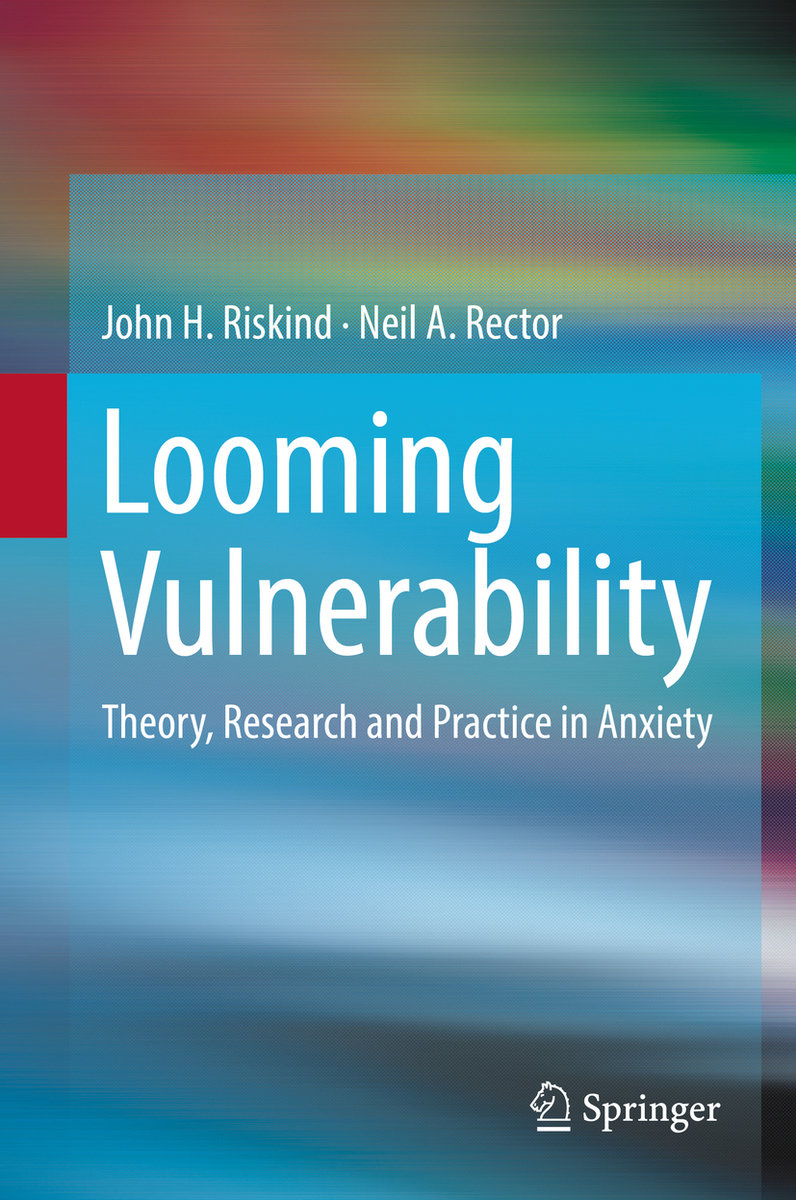This stimulating resource presents the Looming Vulnerability Model, a nuanced take on the cognitive-behavioral conceptualization of anxiety, worry, and other responses to real or imagined threat. The core feature of the model-the perception of growing, rapidly approaching threat-is traced to humans´ evolutionary past, and this dysfunctional perception is described as it affects cognitive processing, executive functioning, emotions, physiology, and behavior. The LVM framework allows for more subtle understanding of mechanisms of and risk factors for the range of anxiety disorders as well as for more elusive subclinical forms of anxiety, worry, and fear. In addition, the authors ably demonstrate how the LVM can inform and refine cognitive-behavioral and other approaches to conceptualization, assessment, and treatment of these often disabling conditions.
This important volume:
· Introduces the LoomingVulnerability Model in its evolutionary, developmental, cognitive, and ecological contexts.
· Unites diverse theoretical strands regarding anxiety, fear, and worry including work on wildlife behavior, experimental cognition and perception, neuroimaging, and emotion.
· Defines the looming cognitive style as a core aspect of vulnerability.
· Describes the measurement of the looming cognitive style, Looming Maladaptive Style Questionnaire, and measures of looming vulnerability for specific disorders.
· Details diverse clinical applications of the LVM across the anxiety disorders.
Spotlighting phenomena particularly relevant to current times, Looming Vulnerability, brings a wealth of important new ideas to researchers studying anxietydisorders and practitioners seeking more avenues for treating anxiety in their patients.


